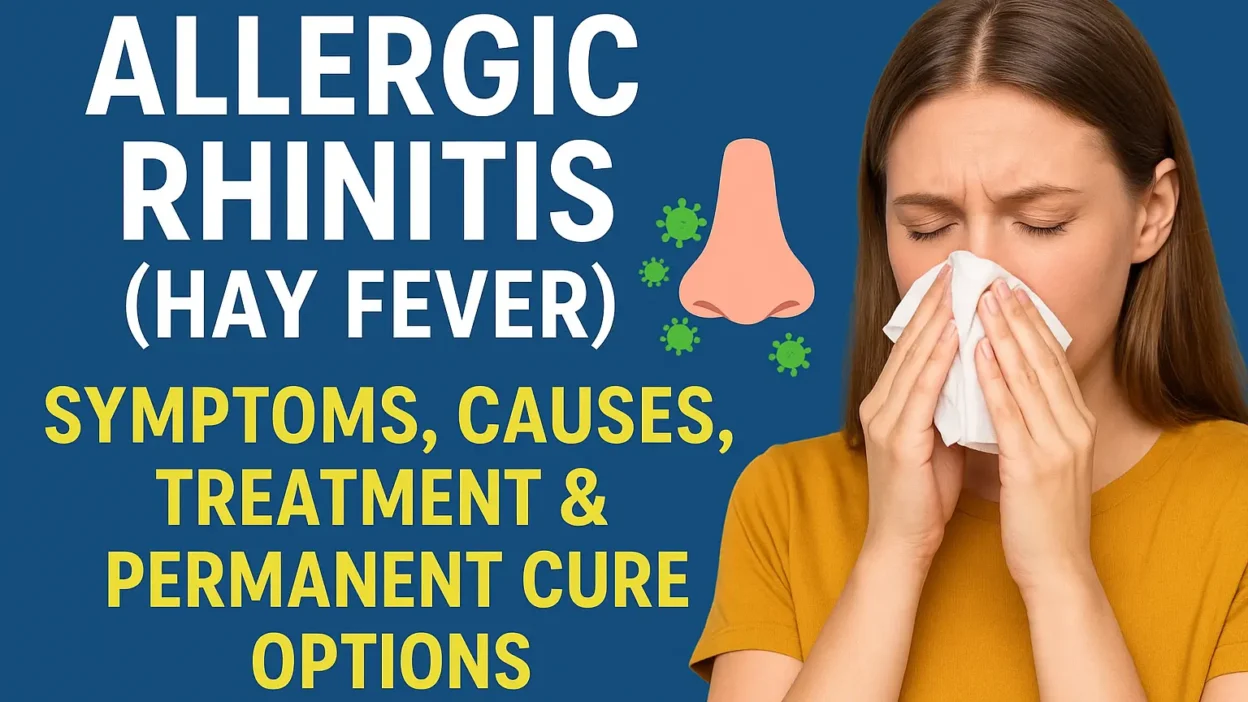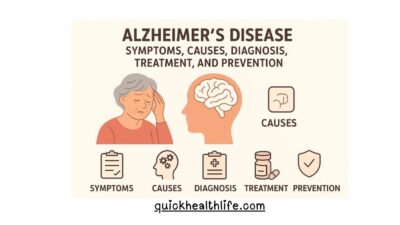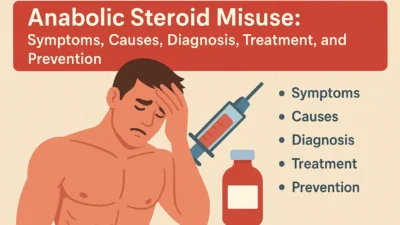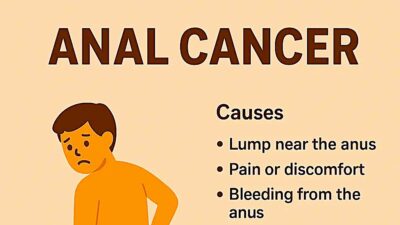What is Allergic Rhinitis (Hay Fever)?
Allergic Rhinitis, commonly called hay fever, is a condition where your immune system overreacts to allergens like pollen, dust, pet dander, or mold. Instead of ignoring harmless particles, your body mistakes them as harmful and releases histamines, which cause sneezing, runny nose, and itchy eyes.
It affects millions worldwide and is especially common in India during seasonal changes.
Allergic Rhinitis ICD-10 Code
For medical reference, the ICD-10 code for Allergic Rhinitis is J30. Doctors and insurance providers use this code for diagnosis, billing, and treatment documentation.
Table of Contents
Common Symptoms of Allergic Rhinitis
Some of the most reported symptoms include:
- Frequent sneezing
- Runny or stuffy nose
- Itchy or watery eyes
- Itchy throat or ears
- Headaches due to sinus pressure
- Postnasal drip (mucus in the throat)
- Fatigue and poor sleep quality
These symptoms may be seasonal (spring or monsoon) or perennial (all year round).
Causes
Allergic Rhinitis is mainly triggered by allergens such as:
- Pollen from trees, grass, and weeds
- House dust mites
- Mold spores
- Animal dander (skin flakes, fur, saliva)
- Strong odors or smoke
When exposed, your immune system produces antibodies that trigger inflammation.
Risk Factors You Should Know
You are more likely to develop Allergic Rhinitis if:
- You have a family history of allergies or asthma
- You live in a polluted or dusty environment
- You smoke or are exposed to second-hand smoke
- You already suffer from eczema or sinusitis
Diagnosis Methods
Doctors usually diagnose allergic rhinitis through:
- Medical history and symptom check
- Physical examination (checking nose, throat, eyes)
- Skin prick test to identify allergens
- Blood tests for specific IgE antibodies
How to Cure Allergic Rhinitis Permanently?
Many patients ask, “Can I cure allergic rhinitis permanently?”
The truth is, while it may not always be 100% curable, symptoms can be managed effectively. Some people achieve long-term relief through immunotherapy (allergy shots or tablets), which gradually trains the immune system to stop overreacting.
I’ve personally seen people say, “I cured my allergic rhinitis,” but in reality, they managed their symptoms with lifestyle changes and treatments.
Treatments for Allergic Rhinitis
1. Medicines for Allergic Rhinitis
Doctors often prescribe:
- Antihistamines (Cetirizine, Loratadine, Fexofenadine)
- Decongestants (Pseudoephedrine) – short-term only
- Leukotriene inhibitors (Montelukast)
- Corticosteroid nasal sprays (Fluticasone, Mometasone)
2. Best Nasal Sprays for Allergic Rhinitis
Nasal sprays reduce nasal inflammation and congestion. Some commonly recommended sprays include:
- Fluticasone (Flonase)
- Mometasone (Nasonex)
- Azelastine (antihistamine spray)
Home Remedies and Self-care Tips
- Use saline nasal rinses to flush allergens
- Apply a warm compress to relieve sinus pressure
- Drink ginger tea or turmeric milk for anti-inflammatory effects
- Use HEPA air purifiers at home
- Keep windows closed during high pollen days
Lifestyle Changes to Reduce Allergy Triggers
- Wash bedding weekly in hot water
- Keep pets out of the bedroom
- Vacuum regularly with HEPA filters
- Wear sunglasses and masks outdoors during pollen season
- Shower immediately after coming from outside
Foods to Avoid in Allergic Rhinitis
Certain foods can worsen symptoms:
- Dairy products (increase mucus)
- Processed foods with preservatives
- Alcohol (triggers nasal congestion)
- Spicy foods (can irritate nasal passages)
Prevention Strategies for Allergic Rhinitis
- Track pollen forecasts and avoid going out on high pollen days
- Keep your home clean and well-ventilated
- Avoid smoking and smoky environments
- Strengthen your immunity with a balanced diet
FAQs on Allergic Rhinitis
Q1: How do you treat rhinitis yourself?
You can use saline sprays, antihistamines, avoid allergens, and try home remedies like steam inhalation.
Q2: What to avoid in allergic rhinitis?
Avoid dust, pollen exposure, pet dander, dairy foods, and strong odors.
Q3: How do you prevent allergic rhinitis?
Keep your environment dust-free, use HEPA filters, and avoid outdoor exposure during high pollen seasons.
Q4: What is the cure for allergic rhinitis?
There’s no guaranteed permanent cure, but treatments like antihistamines, nasal sprays, and immunotherapy can control it.
Q5: Can stress make allergic rhinitis worse?
Yes, stress can weaken immunity and worsen allergy symptoms.
Q6: Is allergic rhinitis the same as sinusitis?
No. Allergic rhinitis is an immune response, while sinusitis is inflammation/infection of the sinuses.



